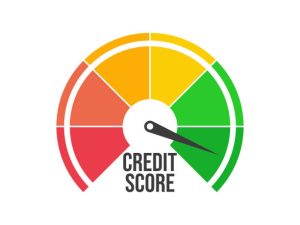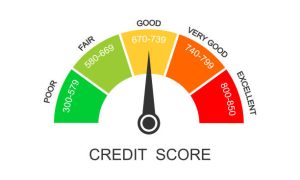 Securing a home is a significant financial milestone for many individuals, and understanding the role of credit scores in the home financing process is crucial. A credit score is a numerical representation of an individual’s creditworthiness, and it plays a pivotal role in determining the terms and conditions of a home loan.
Securing a home is a significant financial milestone for many individuals, and understanding the role of credit scores in the home financing process is crucial. A credit score is a numerical representation of an individual’s creditworthiness, and it plays a pivotal role in determining the terms and conditions of a home loan.
In this article, we will explore the importance of credit scores in home financing and how they impact the overall homebuying experience.
Understanding Credit Scores: A credit score is a three-digit number that reflects an individual’s credit history and financial behavior. The score is typically based on factors such as payment history, credit utilization, length of credit history, types of credit used, and new credit.

Credit Score Ranges: Credit scores usually range from 300 to 850, with higher scores indicating better creditworthiness. Lenders categorize credit scores into ranges to assess the risk associated with lending. Generally, scores above 700 are considered good to excellent, while scores below 600 may be viewed as suboptimal.

Impact on Interest Rates: One of the significant influences of credit scores in home financing is on the interest rate of the mortgage. Borrowers with higher credit scores are likely to qualify for lower interest rates, resulting in reduced overall interest payments over the life of the loan. Conversely, lower credit scores may lead to higher interest rates and increased borrowing costs.
Loan Approval and Eligibility: Credit scores heavily influence the likelihood of loan approval. Lenders use credit scores as a primary factor in assessing the risk associated with a borrower. Higher credit scores increase the chances of loan approval and often lead to more favorable loan terms.

Down Payment Requirements: While credit scores primarily determine interest rates and loan approval, they can also influence down payment requirements. Some lenders may be more lenient with down payment percentages for borrowers with higher credit scores, making homeownership more accessible.
Private Mortgage Insurance (PMI): For borrowers with lower credit scores and smaller down payments, lenders may require private mortgage insurance (PMI) to mitigate their risk. PMI protects the lender in case of default and adds an additional cost to the borrower’s monthly payments.

Improving Credit Scores: Homebuyers with lower credit scores may take steps to improve their creditworthiness before applying for a mortgage. This may include paying off outstanding debts, correcting errors on credit reports, and avoiding new credit inquiries.
Choosing the Right Loan Program: Different loan programs have varying credit score requirements. While some government-backed loans may accommodate lower credit scores, conventional loans typically have stricter criteria. Homebuyers should explore various loan options and choose a program aligned with their credit profile.
A thorough understanding of the role of credit scores in home financing is essential for prospective homebuyers. Monitoring and improving credit scores can significantly impact the affordability and terms of a mortgage, ultimately influencing the overall homebuying experience. Aspiring homeowners should prioritize maintaining good credit practices to enhance their chances of securing favorable home financing options.



